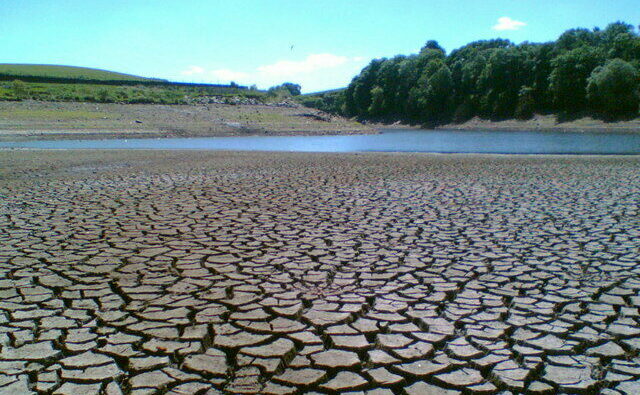What will climate change cost the UK? Risks, impacts and mitigation for the net-zero transition

Downloads
Many of the climate change impacts that the UK faces have the potential to create serious socioeconomic consequences. This report and accompanying policy brief provide improved estimates of the likely economic damages from climate change to the UK, highlighting where the greatest risks and need for adaptation are. These are translated into loss of socioeconomic welfare and reported as an equivalent loss of the UK’s GDP under two different policy scenarios – one in which current policies continue and another in which strong mitigation policies are put in place. This enables a comparison between the costs of climate change impacts and the cost of mitigation efforts until the end of this century.
The report estimates the total combined climate change risk for the UK based on an analysis of nine key ‘impact channels’, ranging from agriculture, livestock and fisheries to drought, flooding and coastal impacts. See the results in our interactive map below.
Headline findings
- Under current policies, the total cost of climate change damages to the UK are projected to increase from 1.1% of GDP at present to 3.3% by 2050 and 7.4% by 2100.
- Strong global mitigation action could reduce the impacts of climate change damages to the UK from 7.4% to 2.4% of GDP by 2100.
- The greatest single risk of climate change damages to the UK economy is from catastrophic disruption to the global economic system (worth 4.1% of GDP).
- Foreign trade will, under current policies, cause a 1.1% fall in UK GDP as other countries experience losses from climate change.
- Agriculture is one of the UK sectors expected to be most impacted by climate change. The reduction of arable land as regions become drier is projected to halve its total contribution to UK GDP by 2100.
- There are strong economic reasons for the drive to net-zero: the benefits from mitigation exceed the costs in the second half of the century
- Co-benefits include significant health improvements, due largely to cleaner air, and stimulation of the economy through investment.
- Combined, the net-zero transition (estimated to cost a maximum of 2% of UK GDP) is expected to have a net benefit of around 4% of GDP.
- In the future, natural disasters, tourism, forestry, transport, conflict and displacement are likely to emerge as significant channels of climate risk.
- Proactive investment in adaptation measures such as coastal protection can greatly reduce the risk of climate-related damages.

